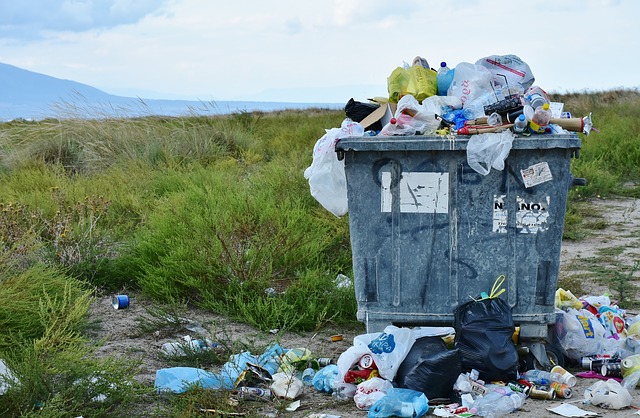Last year it was coffee cups, this year it is plastic. Our footprint on the earth is becoming all too real and damaging and we are finally looking to do something about it. However, in order for it to be successful and happen quickly, it is important that everyone engages in the movement.
Plastic is now a part of our everyday lives from water bottles to pre-packaged meals to grocery bags and everything else we purchase. If you counted every time you threw away a piece of plastic I am sure that you would not only surprise yourself but you would also be able to see the damage that you are adding to.
The issue has become worse since China stopped importing Australia’s recycling and we are now in somewhat of a waste crisis. Much of the waste that goes into your recycling bin ends up in landfill because we simply do not, currently, have the capacity to recycle everything. That means that a lot of plastics that could be recycled and reused end up in landfill taking thousands of years to break down. It seems that it is only getting harder.
There are, however, a few ways that you can reduce the amount of plastic waste that you contribute to by simply changing your ‘at-home’ habits.
- Give up plastic bags
Plastic bags are one of the worst contributors to landfill. They are not durable and they cannot be reused, without costly recycling, for any other products. Many stores are now charging customers to use plastics bags and the major supermarkets are getting rid of them. Keep some reusable, durable bags at home and at work so you always have access to a bag for shopping.
- Use matches not lighters
Plastic lighters all end up in landfill unable to be recycled or because people have put them in a waste bin. Matches are a far more sustainable choice as the paper can be recycled and the matches themselves burn up.
- Buy in bulk
Buying in bulk not only reduces the amount of plastic per kilo of food but it also reduces the need for plastic altogether. Bulky items are more often packaged in cardboard or reusable containers. Whilst stores that seel in bulk can be more difficult to find it is worth the effort for the environment.
- Don’t buy/use plastic straws or cups
Plastic straws and cups are one of the most common single-use plastics there are. Whilst it might seem really convenient, the nominal effort required to use reusable straws and cups is worth it. You will be contributing less rubbish and saving money.

